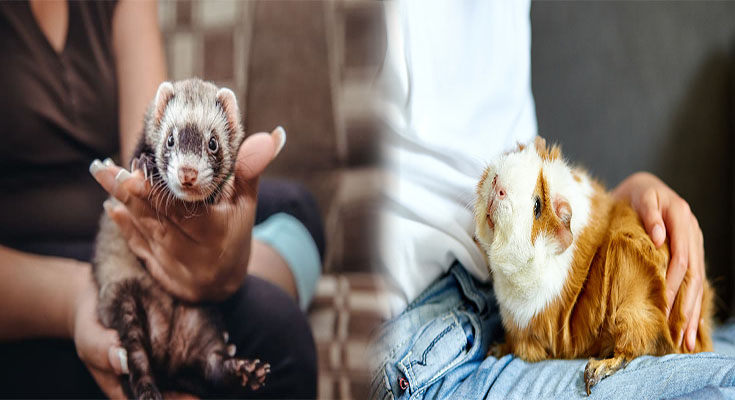Owning exotic pets can be an exciting and unique experience for some individuals. From exotic birds and reptiles to small mammals and even big cats, these non-traditional pets can captivate their owners with their beauty and rarity. However, it’s important to be aware of the health risks associated with owning exotic pets. In this article, we will explore some of the potential dangers and health concerns that come with keeping exotic animals as pets.
Zoonotic Diseases
One of the primary health risks associated with owning exotic pets is the potential transmission of zoonotic diseases. These are diseases that can be passed from animals to humans, posing a significant health threat. Exotic pets may carry bacteria, parasites, or viruses that can cause infections such as salmonellosis, rabies, and psittacosis. Proper hygiene practices, including handwashing and regular cleaning of enclosures, are essential to minimize the risk of zoonotic diseases.
Allergies and Respiratory Issues
Exotic pets can trigger allergies and respiratory issues in their owners, especially those with pre-existing conditions like asthma or allergies. Some exotic animals produce dander, feathers, or fur that can exacerbate respiratory symptoms and cause allergic reactions. In addition, certain exotic pets may carry mites or other allergens that can contribute to skin irritation and respiratory problems. It’s important to consider these risks when deciding to bring an exotic pet into your home.
Bites and Scratches
Exotic pets, especially those with sharp claws or teeth, pose a potential risk of bites and scratches to their owners. These injuries can lead to infections, wounds, and other health complications. Exotic animals may exhibit aggressive behavior when feeling threatened or stressed, increasing the likelihood of biting or scratching. Proper handling techniques, training, and understanding the animal’s behavior are crucial in preventing these types of injuries.
Dietary Requirements and Nutritional Deficiencies
Many exotic animals have specialized dietary requirements that must be met to maintain their health and well-being. Improper nutrition can lead to nutritional deficiencies, metabolic disorders, and other health issues in exotic pets. Owners must research and provide a balanced diet that meets the specific needs of their exotic animal. Lack of essential nutrients or overfeeding can result in serious health consequences for these unique pets.
Environmental Hazards
Creating a suitable environment for exotic pets is essential for their physical and mental health. Inadequate housing, improper temperatures, and exposure to toxic substances can pose significant health risks to exotic animals. Some species require specific humidity levels, lighting, and habitat structures to thrive. Failure to provide an appropriate environment can lead to stress, illness, and even premature death in exotic pets.
Legal and Ethical Considerations
In addition to health risks, owning exotic pets may also raise legal and ethical considerations. Some species are protected under wildlife conservation laws, and owning them may be illegal without the proper permits or documentation. Furthermore, the exotic pet trade can have negative impacts on wild populations and ecosystems. It’s important to research and understand the regulations surrounding the ownership of exotic pets to ensure compliance and ethical practices.
Owning exotic pets comes with its own set of health risks and challenges that must be carefully considered. Before bringing an exotic animal into your home, it’s crucial to educate yourself about the specific needs, potential health hazards, and legal implications associated with the species. By prioritizing the well-being of both the exotic pet and yourself, you can build a safe and responsible relationship with these extraordinary creatures.





